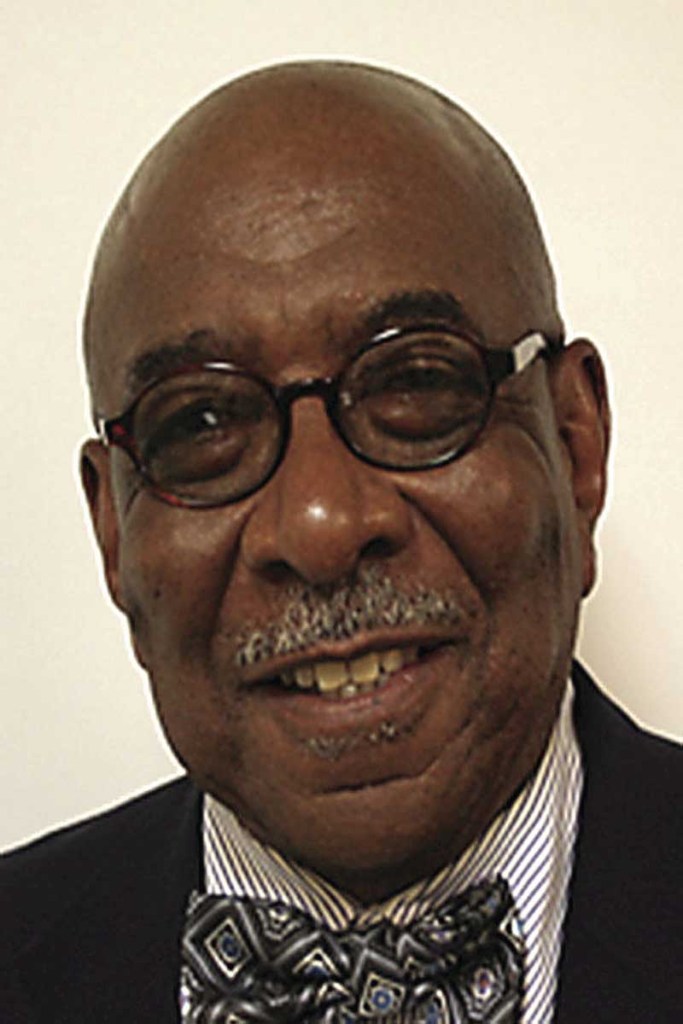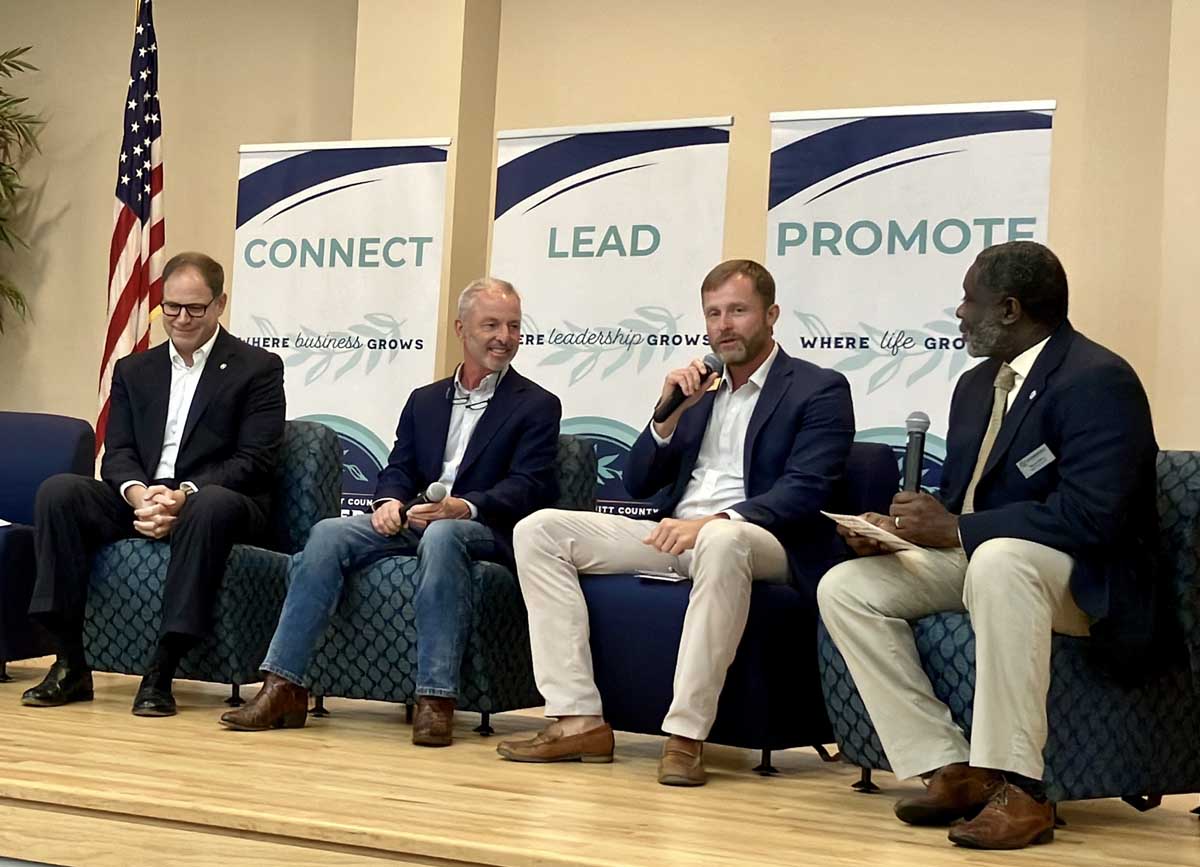Wilson to speak at black history program
Published 11:39 am Wednesday, March 13, 2019

- W. Frank Wilson.
MOULTRIE, Ga. — Williams Tabernacle Christian Methodist Episcopal Church will celebrate its annual Sarah Everett Daniels Black History program on Sunday, March 17, at 3:30 p.m.
The program is in memory of Daniels, who was instrumental in starting the first black history program in the community, the church said. She was a sponsor of the club CO-ED United for Progress (CUP) at Colquitt County High School. The purpose of the club was to promote the achievements of blacks in the community. Each year, a native Moultrian was asked to speak to encourage club members and others in the community on the importance of an education and to know that whatever they were striving for was attainable if they work hard and set goals.
Trending
The speaker for this occasion is W. Frank Wilson, a native of Moultrie and a 1963 graduate of William Bryant High School. He received his bachelor’s of science degree in history and education from Fort Valley State College (now University) and holds a Master’s in Public Administration from Suffield University. He is a career education and community service professional having served some 42 years in various educational, governmental and community services positions. He retired in 2010 from Albany State University having served in several student-based positions.
In August of 2013, he was appointed interim executive director of the Albany Civil Rights Institute, and was appointed executive director in February 2014. He is a frequent speaker and author. In 2000 Wilson was recognized by former Secretary of State Cathy Cox as an Outstanding Georgian, and in March 2018 The Georgia House of Representatives passed House Resolution 1672 recognizing and commending Wilson for his many years of public service.
He is a member of The Fort Valley State University Alumni Association, The Omega Psi Phi Fraternity, Inc., where he serves on the Fraternity’s International Social and Civic Affairs Committee, the 7th District Council and the Board of Directors of The See It Through Foundation. He is also a member of, The Criterion Club (vice president), the Board of Directors of Albany Chamber of Commerce, and is chairman of the board of the Albany Housing Authority Board of Commissioners.
He is a deacon, assistant Sunday school superintendent and organist at the historic Shiloh Baptist Church. He is married to Olivia Crawford Wilson and he enjoys golf, reading cooking, traveling and spoiling his grands and great-grands.
The Association for the African American Life and History (ASALH) 2019 theme, “Black Migrations,” emphasizes the movement of people of African descent to new destinations and subsequently to new social realities. While inclusive of earlier centuries, this theme focuses especially on the 20th century through today.
Beginning in the early decades of the 20th century, African American migration patterns included relocation from southern farms to southern cities, from the South to the Northeast, Midwest, and West; from the Caribbean to U.S. cities as well as to migrant labor farms; and the emigration of noted African Americans to Africa and to European cities, such as Paris and London, after the end of World War I and World War II. Such migrations resulted in a more diverse and stratified interracial and intra-racial urban population amid a changing social milieu, such as the rise of the Garvey movement in New York, Detroit, and New Orleans; the emergence of both black industrial workers and black entrepreneurs; the growing number and variety of urban churches and new religions; new music forms like ragtime, blues and jazz; white backlash as in the Red Summer of 1919; the blossoming of visual and literary arts, as in New York, Washington, D.C. Chicago, and Paris in the 1910s and 1920s.
Trending
The theme “Black Migrations” equally lends itself to the exploration of the century’s later movements from spatial and social perspective, with attention to “new” African Americans because of the burgeoning African and Caribbean population in the U.S.; Northern African Americans’ return to the South; racial suburbanization; inner-city hyper-ghettoization health and environment; civil rights and protest activism; electoral politics; mass incarceration; and dynamic cultural production.
The public is invited to attend.
The Rev. Robert Lewis Sr. is pastor.






